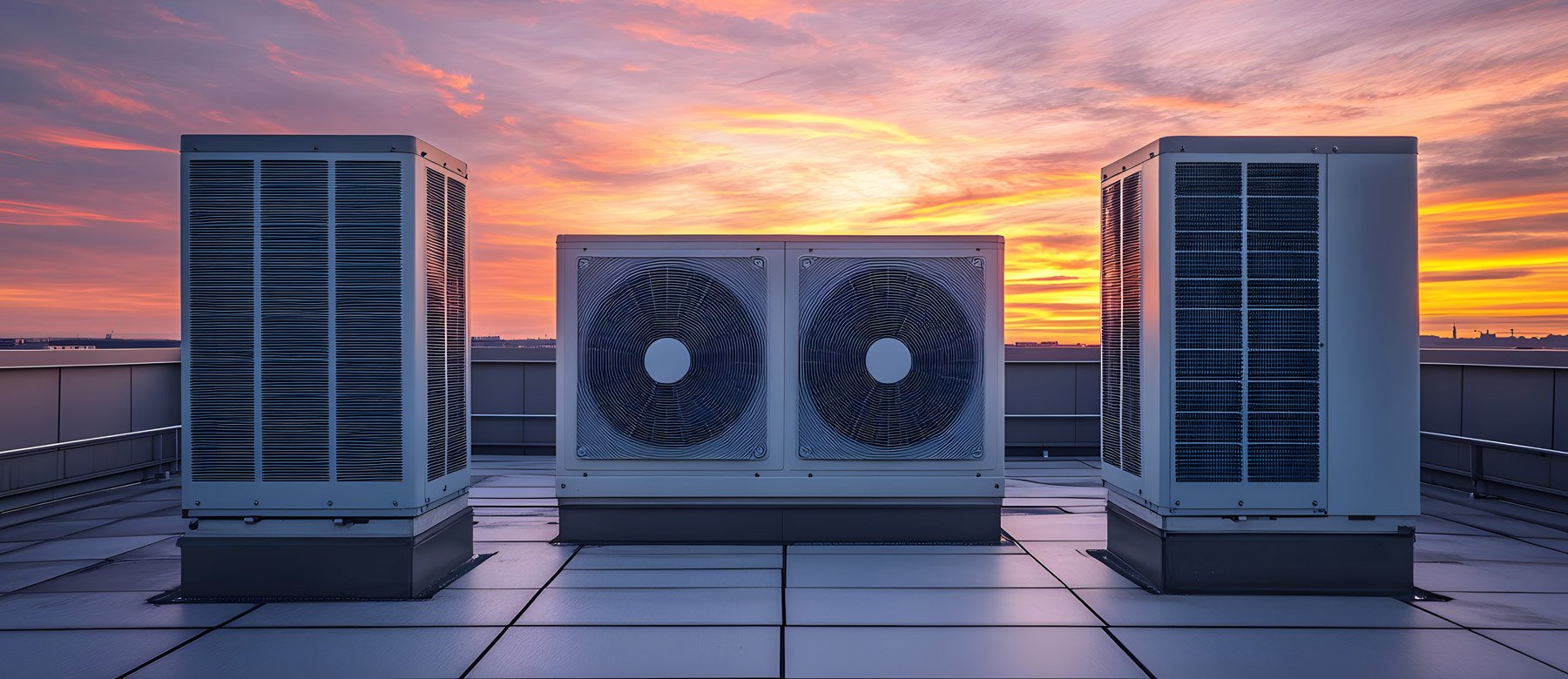SUSTAINABLE BY KONTROL
We are your trusted partner in Sustainability and Operating a Better Building
“Our process begins with optimizing your current systems, we then review opportunities for improvements and work closely with you to get you to your sustainability targets on time and on budget.”
A More Sustainable Building is a More Valuable Building
Your Sustainability Journey
Because they are more energy-efficient, sustainable buildings typically deliver lower operating and maintenance costs. These benefits translate into higher rental revenue and occupancy rates. The market calls this the “green premium.”
We are at the forefront of advances in new technologies designed to lower energy consumption, provide real-time energy management and achieve your sustainability goals.
Comprehensive Assessment
We begin by conducting a thorough assessment of your current sustainability practices and energy usage. This allows us to:
- Establish a baseline for your greenhouse gas emissions
- Identify key areas for improvement
- Set targets aligned with your corporate objectives
Detailed Action Plan
Based on this assessment, we develop a comprehensive action plan that outlines:
- Specific steps required to achieve your sustainability goals
- Timeline for implementation of each initiative
- Prioritization of actions based on their potential impact and feasibility
Balancing Cost Savings and Investment
Our roadmap is designed to strike an optimal balance between:
- Immediate cost-saving measures
- Strategic investments in sustainable technologies and practices
- Long-term financial benefits of improved sustainability
Contact us for more information on how to get to your 2030 and 2050 sustainability targets.

